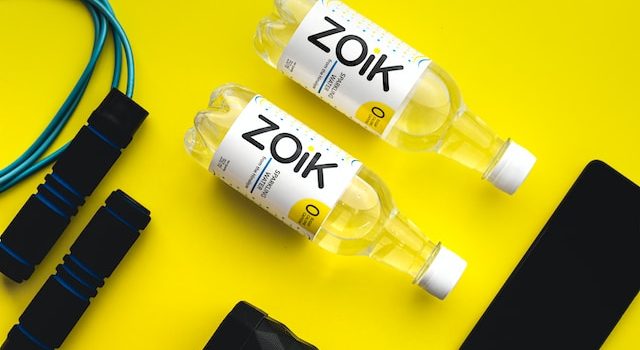
Title: Hydrating for Success: How Much Water Do Professional Athletes Drink During Workouts?
Introduction: Professional athletes push their bodies to the limit, requiring optimal hydration to perform at their best. The water intake of professional athletes during workouts is carefully planned to ensure proper hydration and maximize performance. While individual needs may vary, understanding the hydration practices of professional athletes can provide valuable insights for recreational athletes. In this article, we will explore how much water professional athletes typically drink during workouts and the factors that influence their hydration strategies.
- Individual Variations: Water intake during workouts can vary widely among professional athletes due to factors such as body size, sweat rate, exercise intensity, environmental conditions, and personal preferences. Some athletes naturally have higher sweat rates and may require larger volumes of water to compensate for fluid loss. It’s important for professional athletes to work with sports nutritionists and trainers to determine their individual hydration needs.
- Sweat Rate Measurement: Professional athletes often undergo sweat rate measurements to estimate their fluid loss during workouts. This involves weighing themselves before and after exercise to calculate the amount of weight lost through sweat. Each pound lost is roughly equivalent to 16-24 ounces (475-710 ml) of fluid. This information helps athletes develop personalized hydration strategies to replenish the lost fluids adequately.
- Pre-Workout Hydration: Professional athletes prioritize pre-workout hydration to ensure they start their sessions in an optimally hydrated state. They typically consume 16-20 ounces (475-590 ml) of water two to three hours before exercise, allowing sufficient time for fluid absorption and distribution throughout the body.
- During-Workout Hydration: To maintain hydration during workouts, professional athletes often follow a structured approach. They aim to drink 7-10 ounces (210-295 ml) of water every 10-20 minutes, depending on individual factors such as sweat rate, exercise intensity, and environmental conditions. This regular water intake helps prevent dehydration and ensures the body stays properly hydrated to support optimal performance.
- Electrolyte Replenishment: Professional athletes engage in high-intensity workouts that lead to significant electrolyte loss through sweat. To replenish these electrolytes, some athletes opt for sports drinks or electrolyte-enhanced beverages during workouts. These drinks provide not only fluid but also essential minerals like sodium, potassium, and magnesium. The choice of electrolyte replenishment depends on individual needs, workout duration, and sweat rate.
- Post-Workout Hydration: After workouts, professional athletes focus on rehydration to replenish fluids and support recovery. The general guideline is to consume 20-24 ounces (590-710 ml) of water for every pound (0.45 kg) lost during exercise. This helps restore fluid balance and aids in the recovery process.
- Environmental Considerations: Professional athletes also take into account environmental conditions when planning their hydration strategies. Hot and humid environments can increase sweat rates, leading to greater fluid loss. Athletes competing or training in such conditions may need to adjust their water intake accordingly to avoid dehydration and its negative impact on performance.
- Monitoring and Adjustments: Professional athletes constantly monitor their hydration status during workouts. They pay attention to thirst cues, urine color (straw-colored urine indicates adequate hydration), and overall performance. If they experience signs of dehydration, such as fatigue, muscle cramps, or decreased performance, they make adjustments to their hydration strategies, increasing their water intake accordingly.
Conclusion: Professional athletes have carefully designed hydration strategies to meet their individual needs and optimize performance during workouts. While water intake can vary depending on factors like sweat rate, exercise intensity, and environmental conditions, a general guideline for professional athletes includes pre-workout hydration, regular water intake during exercise, electrolyte replenishment if necessary, and post-workout rehydration. Recreational athletes can learn from these practices by paying attention to their own hydration needs and adjusting their water intake based on workout intensity and duration. Staying properly hydrated is key to success, both for professional athletes and individuals striving to maximize their performance in the gym.










